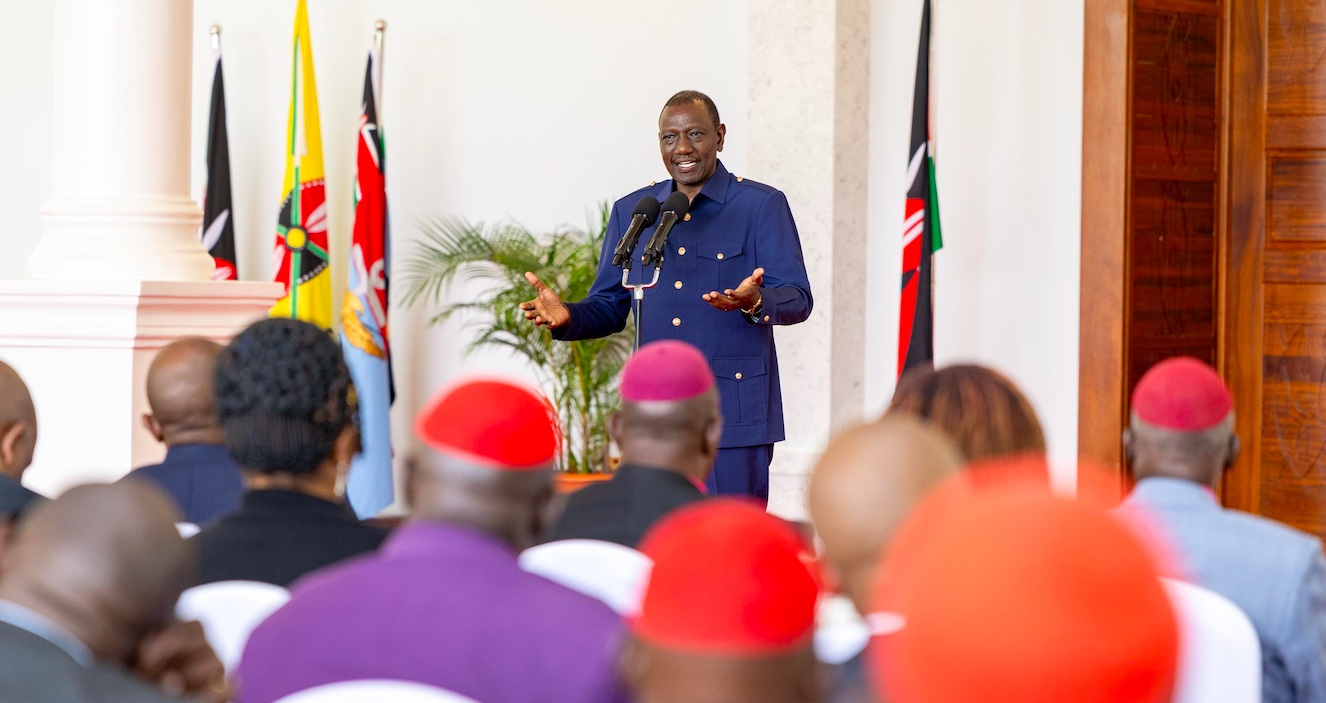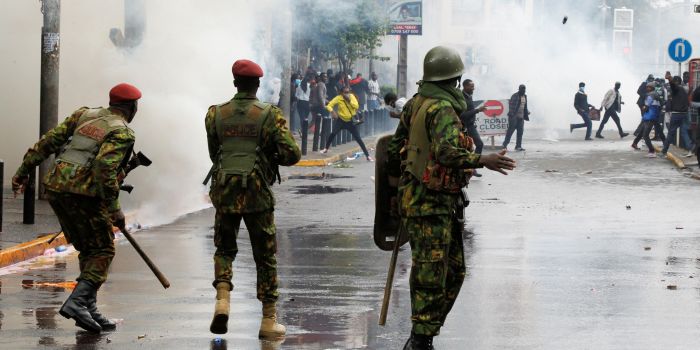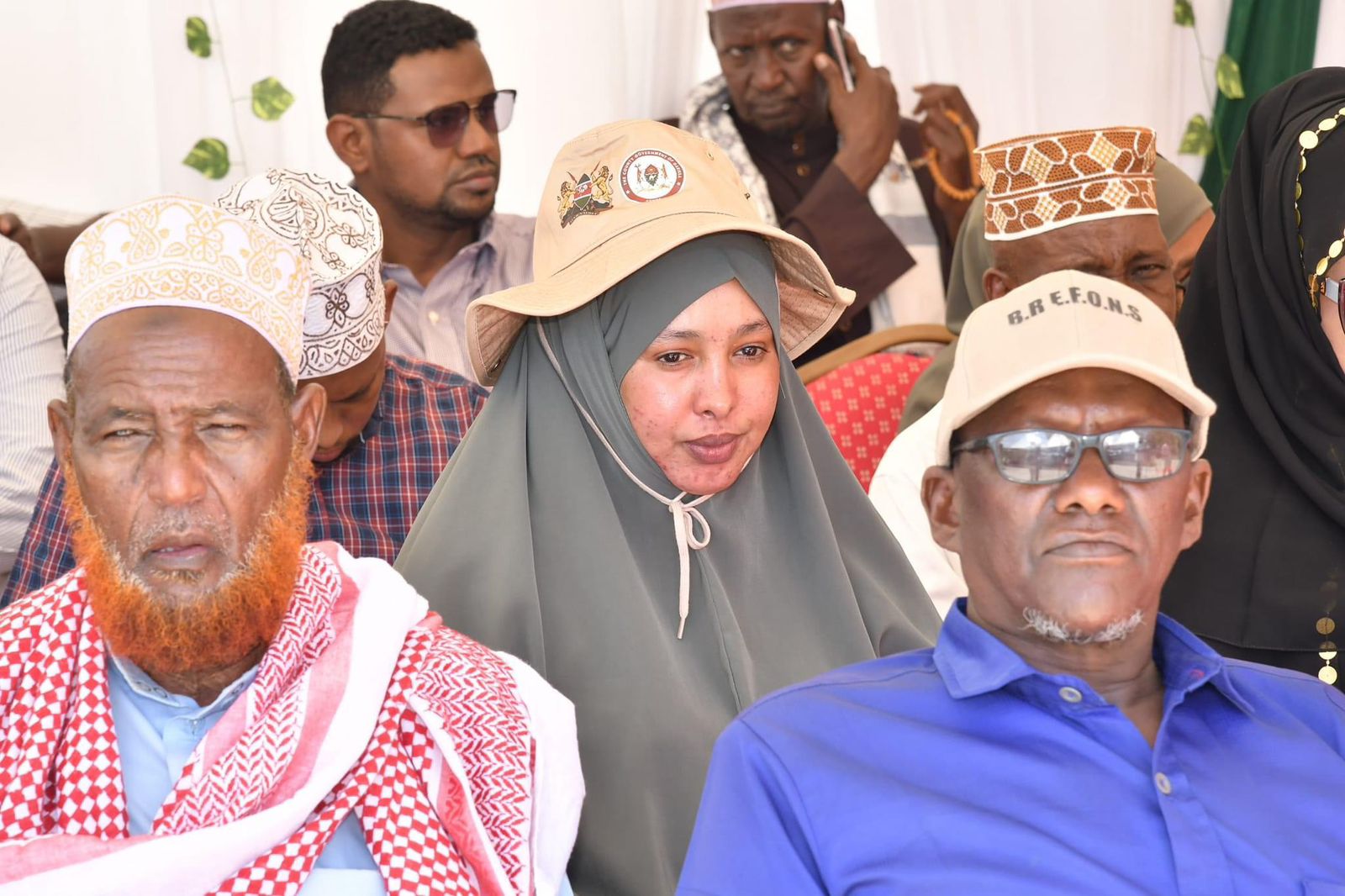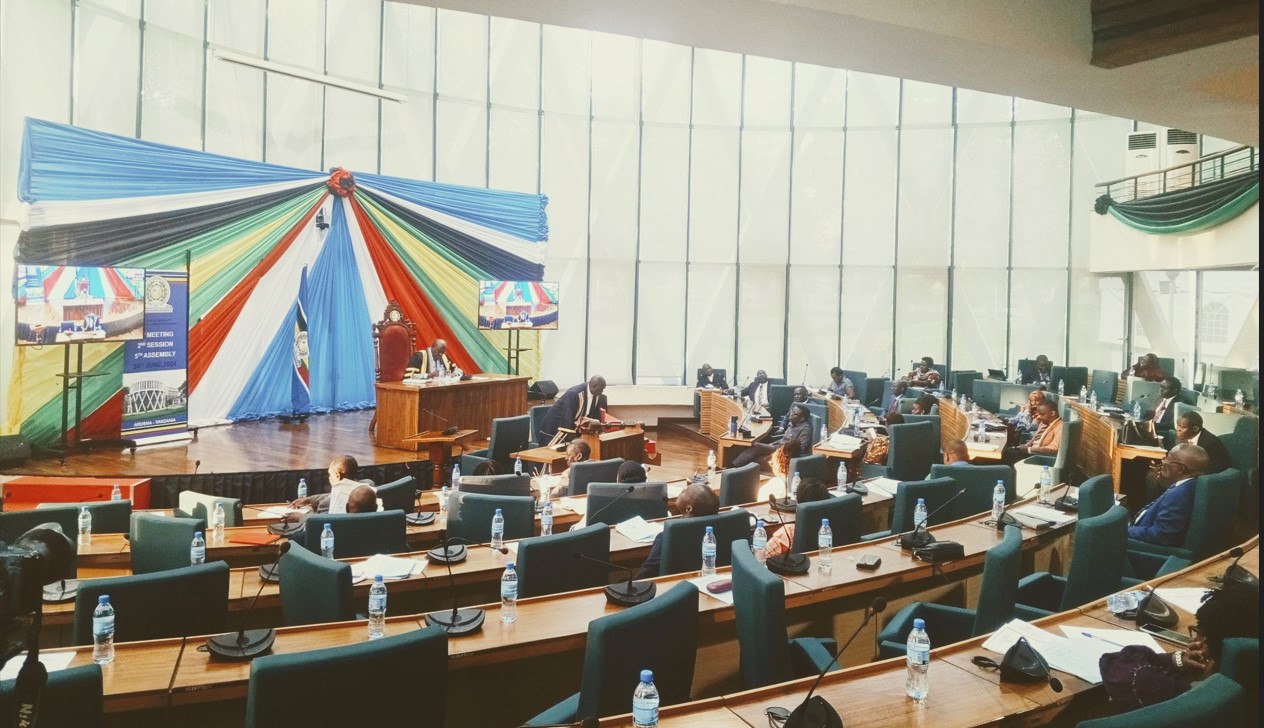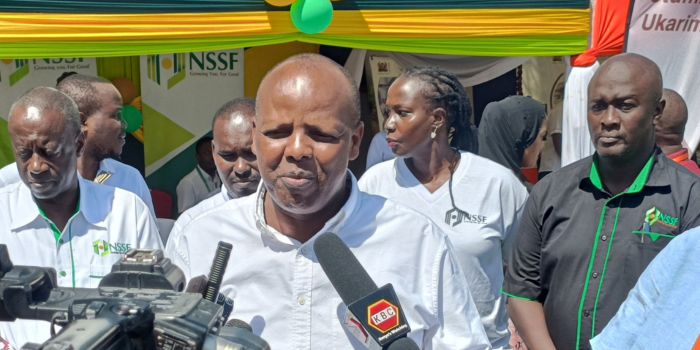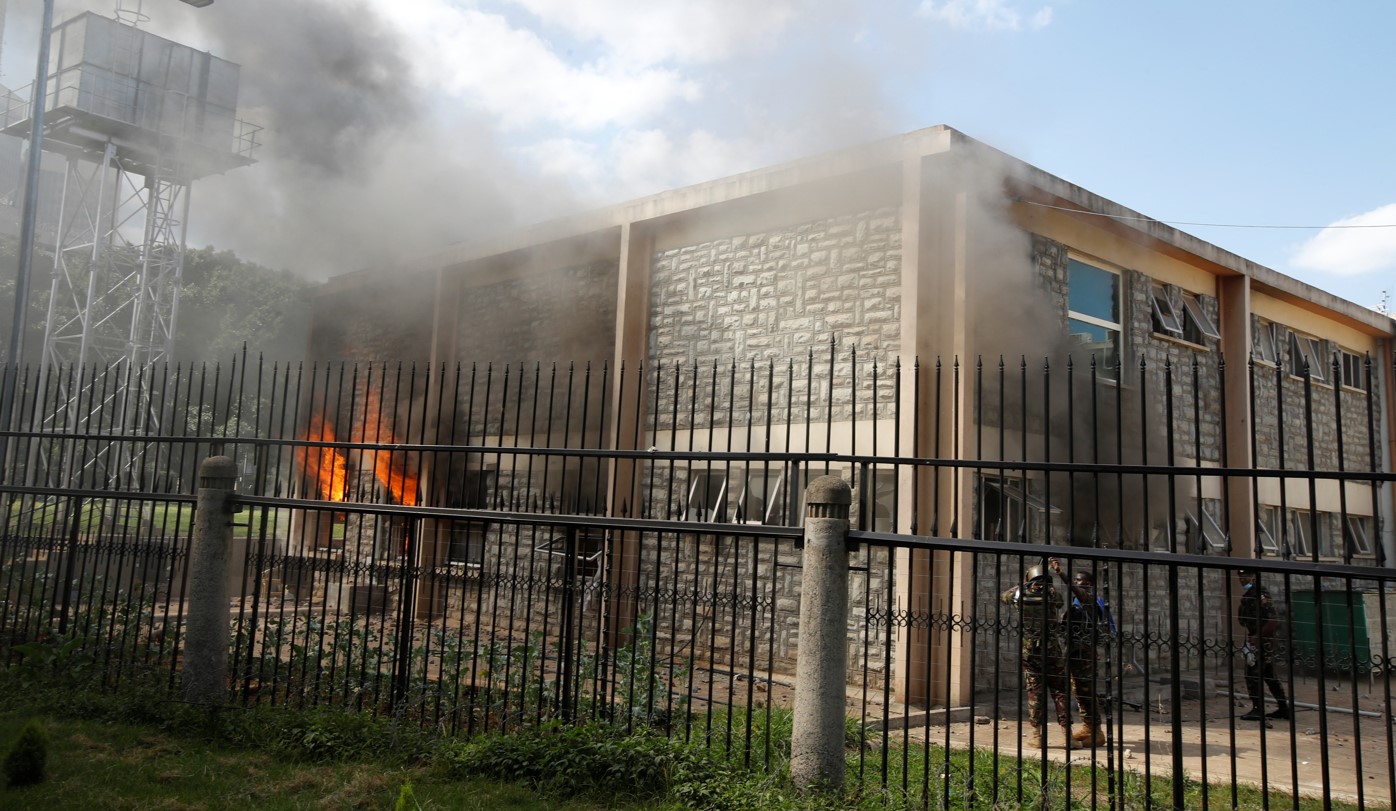State to compensate human-wildlife conflict victims with Sh1bn payout
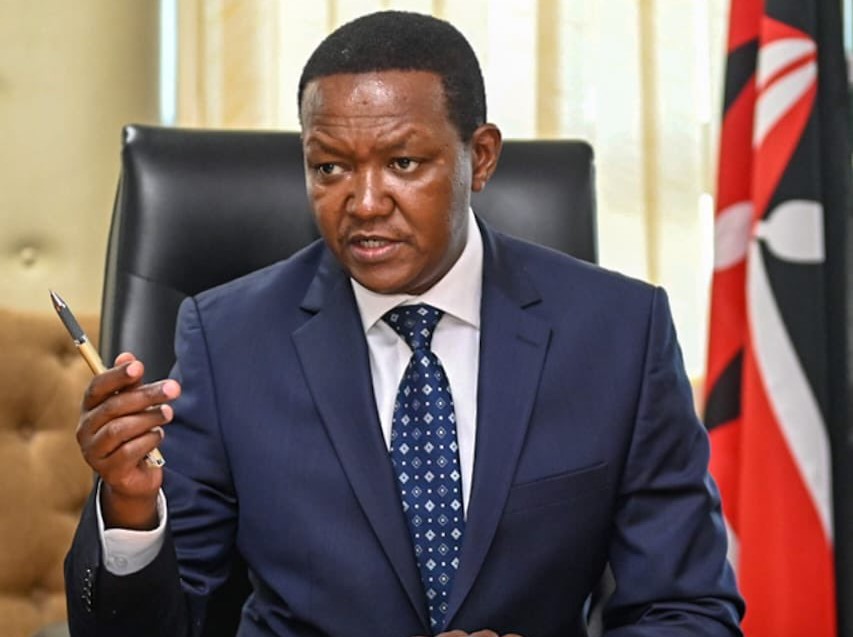
By Bashir Mohammed |
Wildlife-caused fatalities will receive compensation of Sh5 million, while cases of permanent disability due to injury will receive compensation of Sh3 million.
The state has announced plans to disburse Sh1 billion in compensation to families and relatives of victims of human-wildlife conflicts before the end of this financial year.
Tourism Cabinet Secretary Alfred Mutua revealed the initiative, highlighting the implementation of a new payout system to expedite the compensation process.
Keep reading
"Survivors and victims' families have endured a slow compensation process for far too long. With our new payment system, we aim to streamline the verification and payment process, ensuring that those affected receive their payouts in record time," stated Mutua.
Acknowledging the challenges faced in the past regarding the compensation process, the CS emphasized the government's commitment to expediting the process.
"It was taking a long to process and authenticate the claims. But the new scheme will make it faster from the time a claim is lodged to the time the payment is cleared," he explained.
The announcement comes as a relief to individuals affected by human-wildlife conflicts who have endured years of waiting for compensation.
Worrying statistics
Alarming statistics reveal that between 2017 and 2020, a total of 388 Kenyans lost their lives due to attacks by wild animals, while nearly 2,100 others suffered injuries.
The compensation is expected to cover permanent injuries resulting in disability, deaths, or property damage.
Notably, wildlife-caused fatalities will receive compensation of Sh5 million, while cases of permanent disability due to injury will receive compensation of Sh3 million.
Human-wildlife conflicts have been particularly prevalent in regions such as Samburu County, where attacks by hippos, elephants, and buffalos have been on the rise.
Narok, Laikipia, Baringo, Taita-Taveta, and Kajiado counties have all reported similar conflicts.
Human-wildlife conflicts deeply impact pastoralist communities where livelihoods heavily depend on livestock.
Frequent dry spells, which increase competition for pasture and water between livestock and wildlife, have exacerbated the escalation of conflicts.




